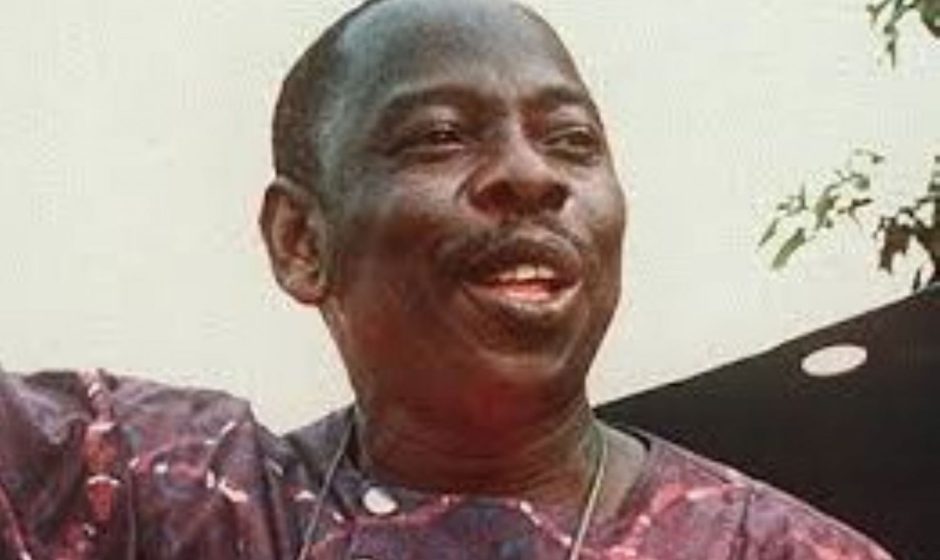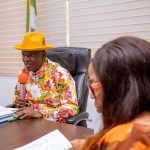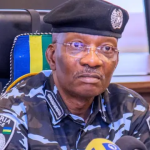Over thirty years after oil production was suspended in Ogoniland, the Nigerian government is making fresh efforts to resume drilling in the area.
The move, spearheaded by President Bola Ahmed Tinubu and framed as part of a broader effort for reconciliation and economic revival, has been met with outright rejection from Ogoni leaders who say it prioritizes crude over justice.
The Ogoni people, spread across four local government areas of Rivers State, have endured the scars of decades of oil exploitation. Shell Petroleum began extracting oil in the area in 1957 but pulled out in 1993 following violent clashes over pollution, displacement, and disenfranchisement. The protests culminated in 1995 with the execution of Ken Saro-Wiwa and eight other activists, an event that continues to shape the community’s resistance.
Since then, successive governments have attempted, unsuccessfully, to re-enter the oil-rich land through proxies and consultations. Tinubu, who assumed office in 2023, has made moves to reset relations by establishing the Federal University of Environment, granting posthumous pardons to the “Ogoni Nine,” and honoring four other slain leaders. He has also called for renewed oil production, arguing that “a dead asset is not valuable to the community, the country, or the people.”
However, two key Ogoni organizations, the Movement for the Survival of the Ogoni People (MOSOP) and the Ogoni Central Indigenous Authority (OCIA) have rejected the plan.
Fegalo Nsuke, MOSOP president, accused the federal government of acting as both judge and abuser, criticizing what he described as secretive consultations. He also rejected a government report on Ogoniland’s future, noting that MOSOP was excluded from its drafting. Nsuke called for the exoneration of the executed activists and demanded transparent negotiations that prioritize civil rights and economic justice.
The OCIA shared similar concerns. Its president, Dr. Goodluck Diigbo, said reconciliation would be impossible without a truth and reparation tribunal modeled on international standards. He argued that such a body should investigate historic abuses, honor what he described as over 33,000 unnamed heroes, and provide reparations to affected families and communities.
On the other hand, the federal government insists that restarting oil production is vital for both national revenue and the development of Ogoniland. A committee led by former MOSOP president Ledum Mitee earlier submitted a report recommending “responsible oil production,” political recognition, environmental cleanup, and economic investments through projects like industrial parks and expanded funding for remediation under the Hydrocarbon Pollution Remediation Project (HYPREP).
But Ogoni leaders remain unconvinced. They argue that remediation has been slow, consultations have been shallow, and promised benefits elusive, while the push for drilling remains relentless. For many, Tinubu’s gestures pardons, honors, and new institutions are viewed less as genuine reconciliation and more as a prelude to oil resumption.
As Nigeria looks again at the oil beneath Ogoniland, its leaders are firm: no resumption of production can occur until past wrongs are acknowledged and repaired.
Adapted from The Southern Free Press




